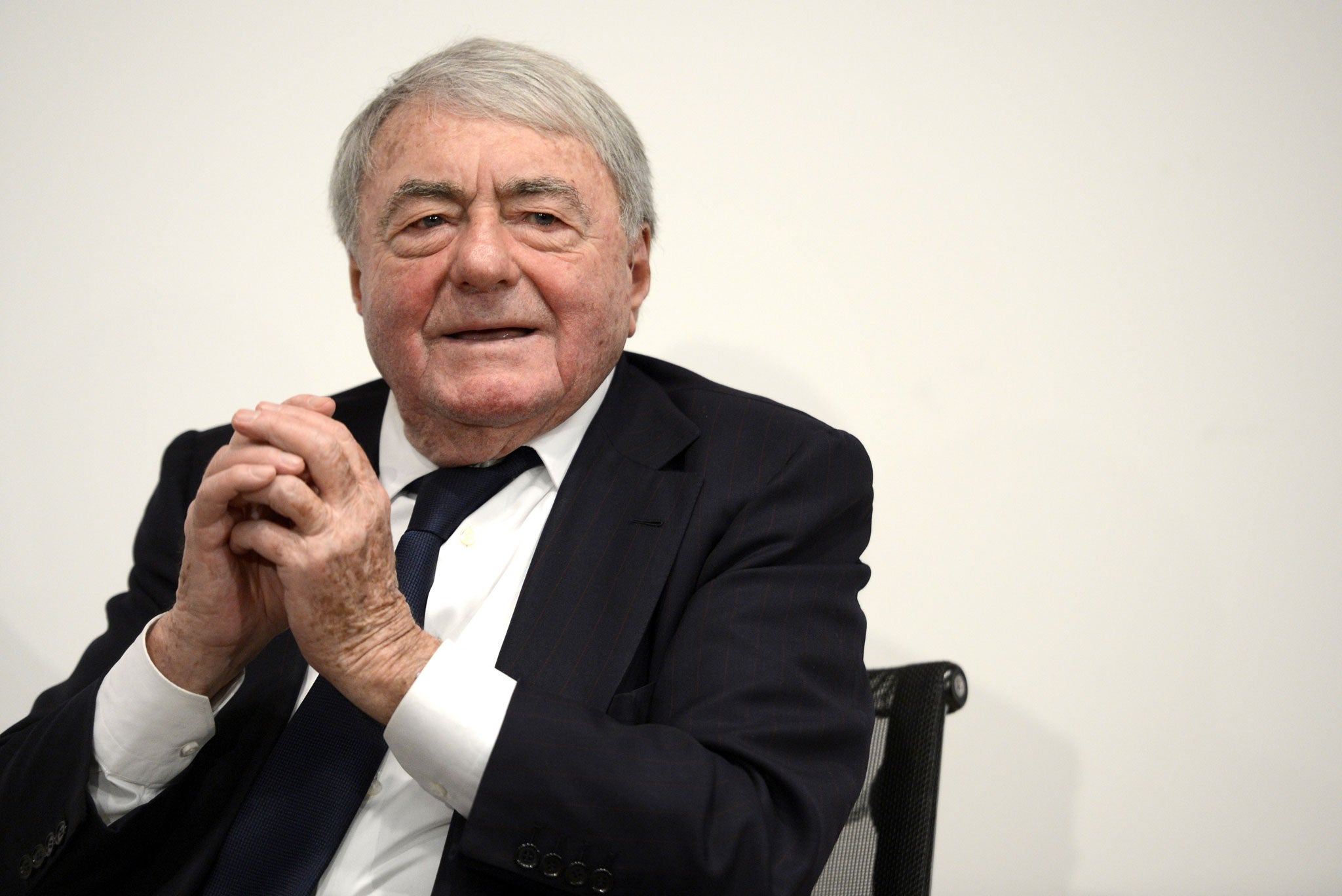The Independent's journalism is supported by our readers. When you purchase through links on our site, we may earn commission.
The Last of the Unjust: Did I not get it? Or is the New Yorker's film critic wrong this time?
I couldn't help wishing that a Paxman or a Humphrys could have travelled back in time, and given Murmelstein the treatment


It was, it has to be said, one of the more resistible invitations I've had this year. Would I, a friend of mine asked, like to go and see a four-hour documentary on the Holocaust? Before I could think of a reason why I might be unavailable, he told me it had been acclaimed as a highly significant work, and that, as a Jewish person, it was probably my duty to see it.
So it was that I took my place in a small audience to see The Last of the Unjust, directed by Claude Lanzmann, the French film-maker and former Resistance fighter whose lifetime mission it is to document the Holocaust, and who was responsible for Shoah, the eight-hour epic which many believe is the definitive work on Nazi era.
Thankfully, I hadn't read Anthony Lane's review of Lanzmann's latest offering before I saw it, so I was able to make my own mind up. Lane, the New Yorker's film critic, is one of the world's most influential reviewers and, boy, did he go town on The Last of the Unjust. “No character that you see onscreen this year will match the impact that is made by Benjamin Murmelstein,” he writes. The film is a series of interviews from 1975 conducted by Lanzmann with Murmelstein, who comes across as an articulate, avuncular, old man, but was an important - and controversial - figure in Holocaust history, holding the position of Elder of the Jews in Theresienstadt, the “model ghetto” in Poland constructed by the Nazis, and where Jews in their many tens of thousands were sent to live, and die.
Murmelstein was appointed to his position by the Nazis, and there are those who believe that, far from being a hero - a pragmatic man who did what was necessary to survive, and to protect as many of his fellow Jews as he could - he was no less than a collaborator, assisting Adolf Eichmann to realise his unspeakable vision. The interviews are off-cuts from Shoah which, subsequently, Lanzmann believed merited a separate film. In the story of Theresienstadt, he says, we can see how the Nazis formulated the final solution.
Lane praises Lanzmann's tireless, forensic approach to his task as heroic, and no one can gainsay that. My problem was that - having not had the New Yorker man's encomium in my mind - I thought the film was terrible. It was unnecessarily long, as if its power came from its ability to exhaust the watcher, and - quite some feat, this, given the subject matter - it was strangely unmoving. As an interviewer, Lanzmann just doesn't cut it. The central proposition of the story - Murmelstein, hero or villain? - is ignored until right at the end, when he is lobbed a few questions, which he bats back with practised ease. I couldn't help wishing that a Paxman or a Humphrys could have travelled back in time, and given Murmelstein the treatment. We are left none the wiser at the end, as film-maker and subject walk arm in arm through the streets of Rome. I felt confused, but not as much as when I read Anthony Lane's review, and a more prosaic question gripped me: was I right, or was he?

Join our commenting forum
Join thought-provoking conversations, follow other Independent readers and see their replies